
Almonds are a nutritious and satisfying snack for humans, but can dogs eat almonds, too? While almonds are not considered toxic to dogs and a couple likely won’t do any harm, these nuts should be kept away from your pup, says Antje Joslin, DVM.
Here are all the potential risks associated with giving almonds to dogs and what to do if your curious pooch manages to snag a mouthful.
Antje Joslin, DVM, is the co-owner of Tolleson Animal Clinic and Dogtopia veterinary consultant.
Unlike certain human foods like grapes and onions, almonds are not inherently toxic to dogs. However, they’re not a good treat for your pup for a few reasons:
Dogs can’t properly digest the proteins in almonds, Joslin says. While they can likely get away with eating a couple, too many can cause vomiting, diarrhea, gas, and loss of appetite.
The high fat content of almonds is another concern for dogs. Consumption of fatty foods can lead to gastric intestinal distress, causing discomfort, bloating, and potentially more severe complications, such as pancreatitis, Joslin says. Pancreatitis is a serious condition characterized by inflammation of the pancreas, which can result in vomiting, diarrhea, abdominal pain, and, in severe cases, organ failure.
If a dog swallows almonds without adequately chewing them, the almonds could become lodged in their throat or small intestine, leading to choking or an intestinal blockage, Joslin says. This risk is more common in smaller dog breeds, dogs with pre-existing dental issues, and dogs who tend to gulp their food down.
Almonds are often seasoned or flavored with salt, various spices, chocolate, or other additives to enhance their taste. These flavorings can be harmful or—in the case of garlic, onion, and chocolate—even toxic to dogs.
Almonds are not directly toxic to dogs and almond poisoning is uncommon. Still, pet parents need to be cautious and keep their dogs away from this nut. The amount of unflavored almonds it would take to cause problems for a dog depends on their size and individual sensitivity. If a Great Dane eats a few plain almonds, they likely won’t experience any negative effects. But the same amount of almonds could affect smaller breeds, like pugs and Chihuahuas.
Signs that your dog is being negatively affected by almonds may include:
You should contact your veterinarian ASAP or take your dog to an emergency vet clinic if:
“A veterinarian may induce vomiting if a large quantity of almonds was recently consumed,” says Joslin. They may also provide supportive care for gastrointestinal illness, such as IV fluids, antiemetics, and pain management, she adds. Never induce vomiting at home unless specifically instructed by your vet.
You can also call the ASPCA Animal Poison Control Center at (888) 426-4435 for advice. Note that a consultation fee may apply.
It’s best to avoid feeding almonds to dogs altogether due to the potential risks. However, if you still wish to offer almonds to your canine companion or they snag some from your snack bowl, it’s crucial to follow these guidelines to minimize the risk of adverse effects:
What about almond butter or almond milk? Almond butter carries the same risks as almonds (minus the choking risk) and should not be given to dogs (although a tiny taste here and there likely won't have a negative effect). Almond milk is safe to give occasionally in small amounts, Joslin says. But really, there's no need to purposefully share almonds with your dog.
Unlike humans, dogs don’t get nutritional benefits from almonds. Plus, they can cause your pup harm. Instead of almonds, it’s best to offer your dog treats that are safe and nutritious for them. Here are some options your dog will go nuts for:

The First 30 Days With Your New Kitten
The first month is full of changes and excitement for a kitten in a new home. Find out what to expect and what you can do for your new feline friend.
How Old Is Your Cat in Human Years?
As a cat ages, there are often behavioral and physical changes too. Find out how to convert cat years to human years and what to expect at each stage.
What to Buy for Your New Cat: A List of Essentials
Before you bring your new cat or kitten home, there are a number of things to collect or buy so your cat will feel welcomed like a family member.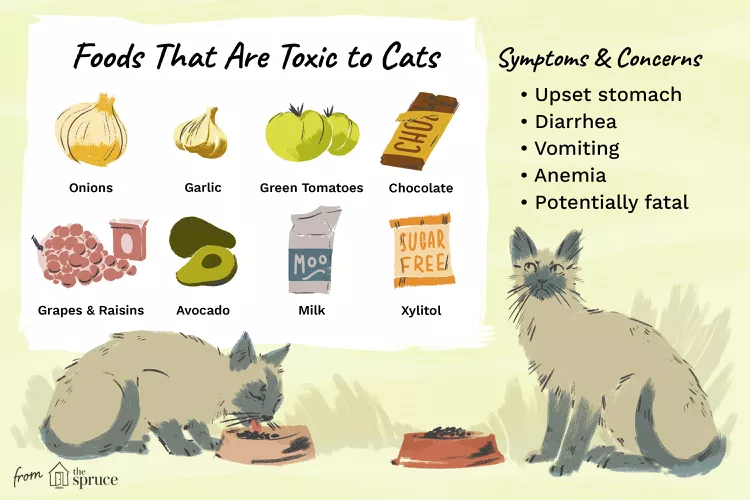
Human Foods That Are Poisonous to Cats
Many human foods are toxic to cats. Avoid feeding cats table scraps. Instead, feed a nutritious cat food created for their specific nutritional needs.
Cat Food Ingredients to Avoid
When checking the nutrition content of cat food, look for ingredients that are not healthy or show it is of poor quality. Avoid these 3 ingredients.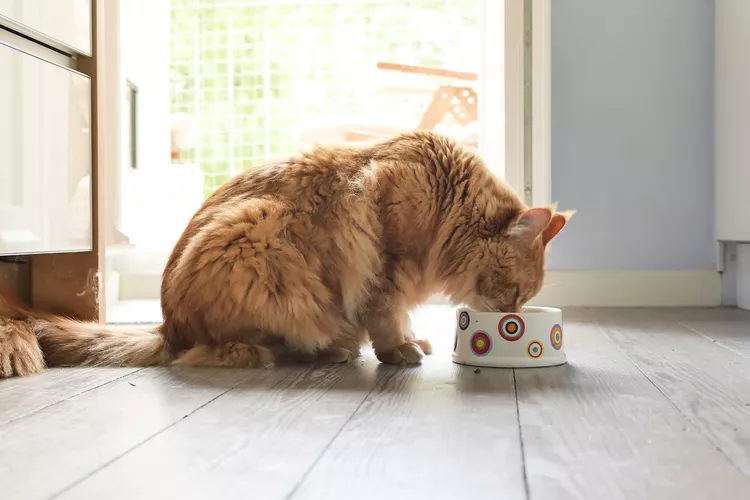
Should You Feed Your Cat a Raw Diet?
Learn the pros and cons of raw diets for cats, and find out how to choose a raw food diet for your own cat.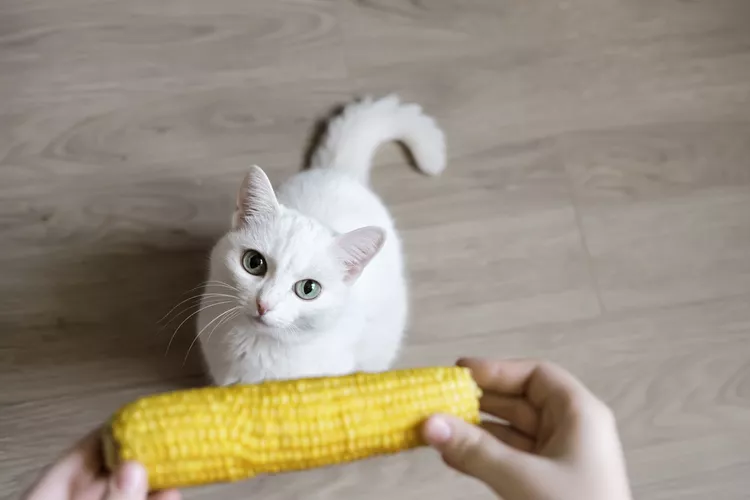
Can Cats Eat Corn? Here's What A Vet Thinks
Corn is a common ingredient in cat food and can be a safe treat for cats when fed in moderation. Find out more about how to safely feed corn to your cat.
10 Obscure, Little-known Canine Facts in Honor of National Dog Day
With National Dog Day upon us, it's time to celebrate everything about our favorite pets—even the weirder stuff. Here are 10 obscure facts about dogs you probably didn't know.
The Different Types of Pet-Friendly Workplaces
Discover the different types of pet-friendly workplaces and the benefits they offer employees. Learn how to create a pet-friendly workplace and the best practices for pet owners.
Exploring the Different Types of Pet-Friendly Beaches
Are you looking for pet-friendly beaches? Learn about the different types of pet-friendly beaches, their locations, and tips for visiting them with your pet.
Why Is My Dog Lethargic?
Lethargy can be a sign that something is wrong with your dog. Find out what may be causing this lack of energy and what you should do about it.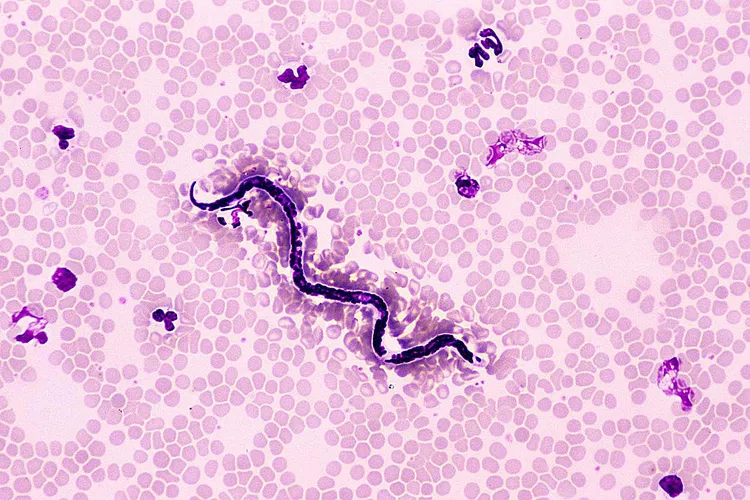
Medications to Prevent Heartworm Disease for Dogs
Heartworm disease is a serious risk for all dogs exposed to mosquitos. Find out about the products used to prevent Heartworm disease in dogs.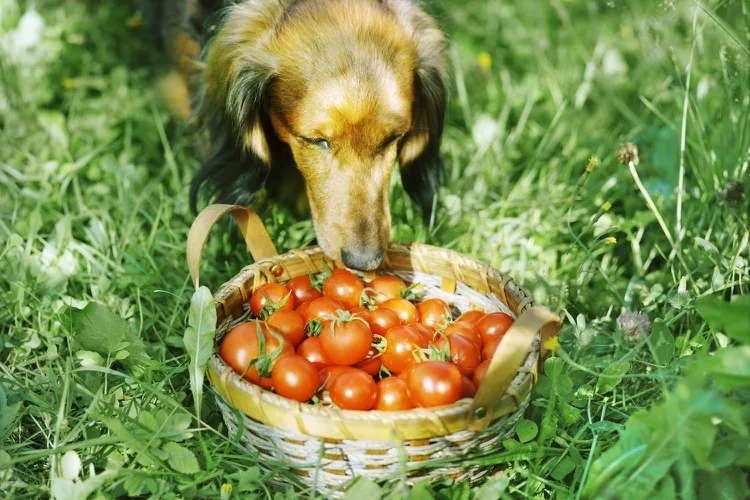
Can My Dog Eat Tomatoes?
You'll want to keep Fido out of your garden since the tomato plant is toxic, but you can safely offer him ripe tomatoes as a nutrient-packed treat.
15 Best American Cat Breeds
Several cat breeds, including the American shorthair and Bengal, have their origins in the United States. Learn more about these American cat breeds.
Why Do Cats Slap Each Other?
Cats can have some quirky behaviors—one of them being slapping each other. Why do they do this and what can you do to stop it?
Skye Terrier: Dog Breed Characteristics & Care
Learn all about the Skye Terrier, an elegant breed known for its friendly and even-tempered personality with classic terrier traits.
Sloughi: Dog Breed Characteristics & Care
Learn all about the Sloughi, an ancient dog breed known for its impressive running ability, slim stature, and affection toward its family.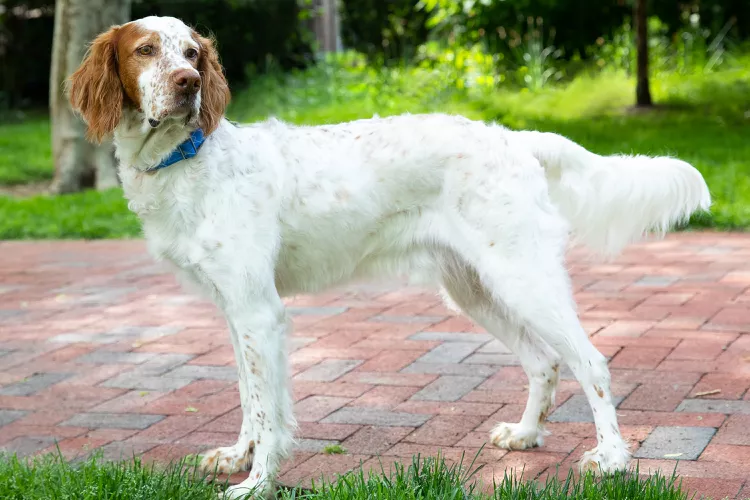
English Setter: Dog Breed Characteristics & Care
Learn about the English setter, an excellent hunting breed for pointing and retrieving game. It's also a popular and affectionate companion dog.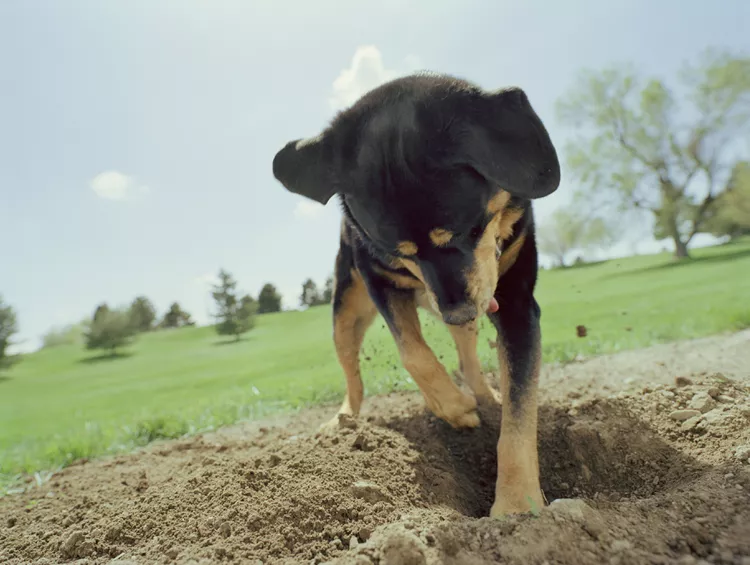
Why Dogs Bury Bones and Other Objects
If you give a dog a bone, he might bury it. Why is that? Learn about this burying behavior in dogs and what it means for your pet.
Reasons Why Dogs Run Away and How to Stop It
Dogs can escape, especially if they’re bored and not properly contained. Here are some techniques for stopping your dog from running away.